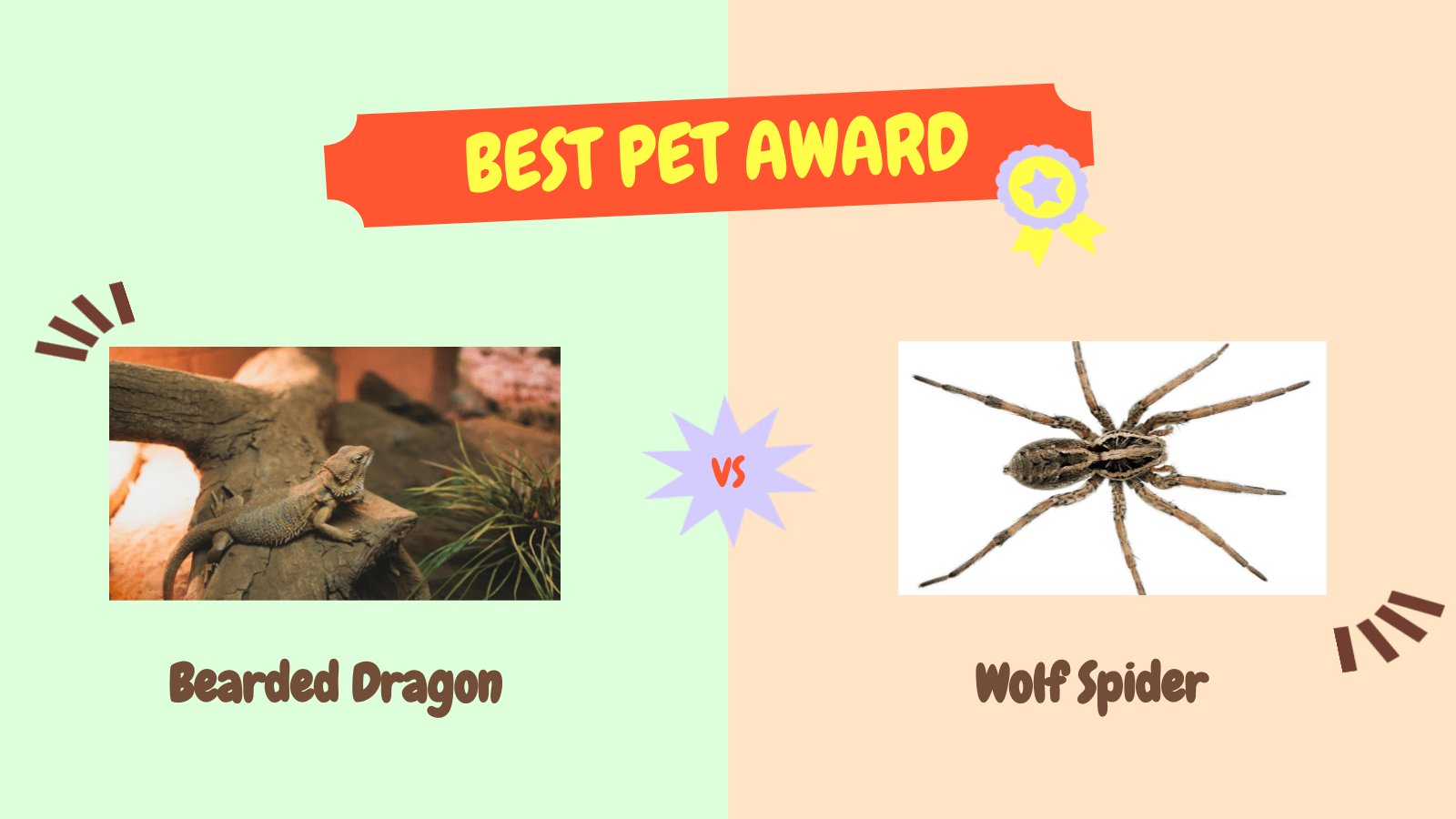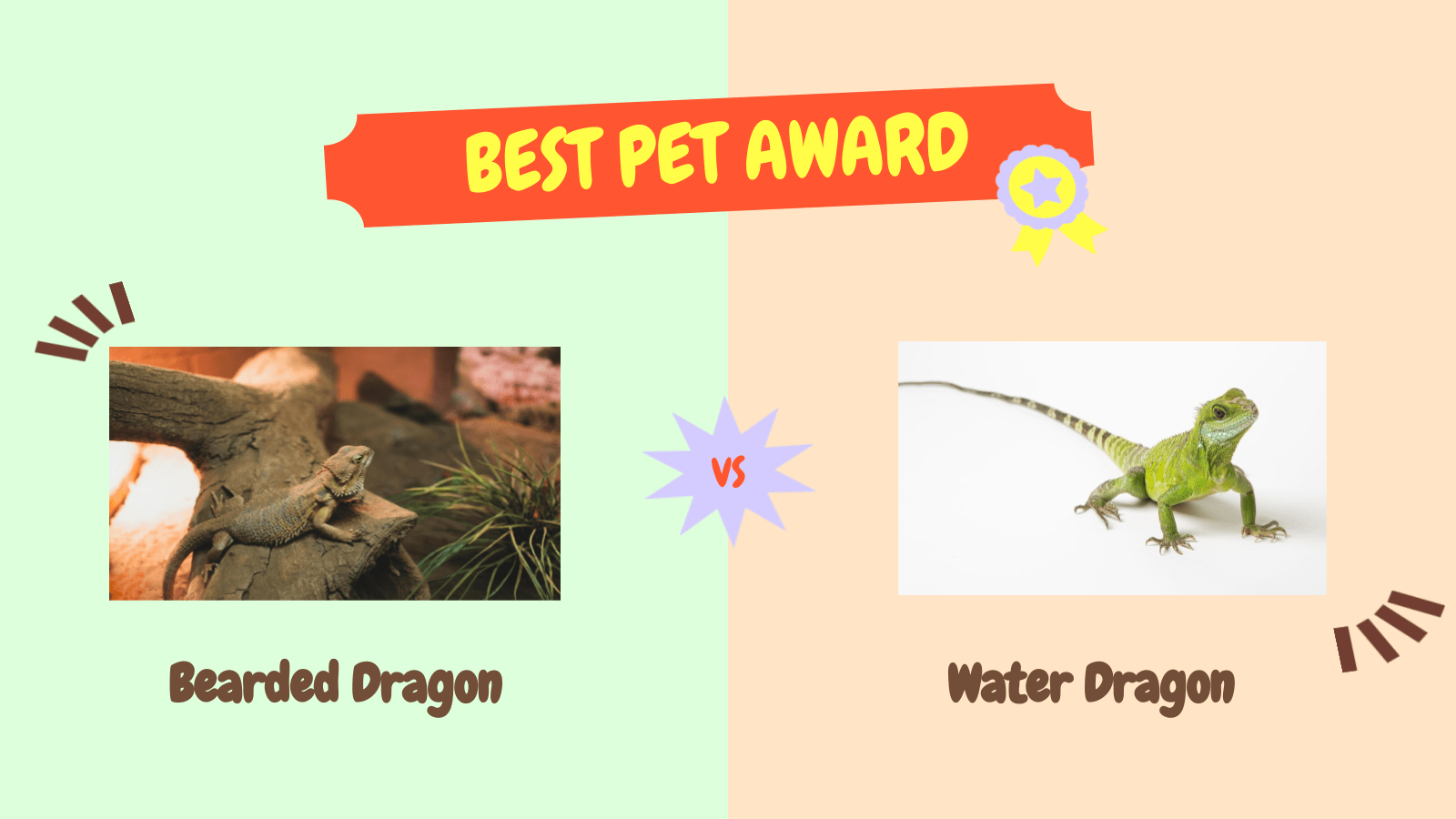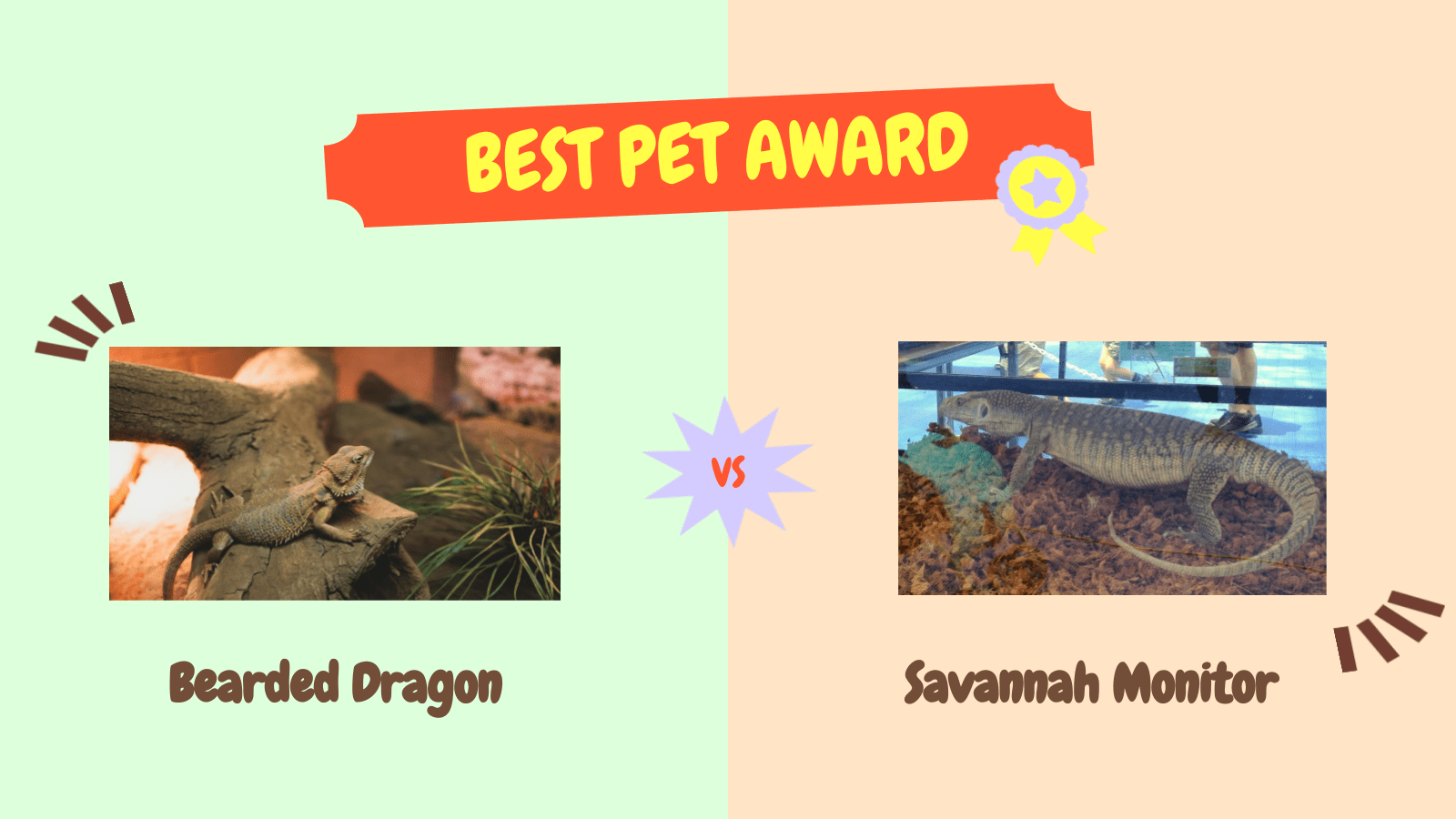Are you puzzled by your bearded dragon’s bloated belly? You’re not alone. Many owners stumble upon this issue, wondering what could be causing their beloved pet’s discomfort.
We’ll delve into the possible reasons together, providing insights to help you understand what’s happening. It’s essential to recognize the signs and act promptly.
Remember, your pet’s health is paramount. Let’s figure out why your bearded dragon might be experiencing belly bloat and what you can do about it.
5 Health Situations That Make a Bearded Dragon’s Belly Bloated
- Impaction: Your bearded dragon could be suffering from impaction, a condition where the digestive tract is blocked by hard substances. This is often due to a diet high in difficult-to-digest materials or a lack of hydration.
- Gout: If your pet’s belly is bloated, gout could be a potential cause. Gout arises from a buildup of uric acid in the bloodstream, which can lead to swelling in various body parts, including the belly.
- Egg Binding: In female bearded dragons, a common cause of abdominal bloating is egg binding. This happens when the female is unable to pass her eggs, leading to discomfort and noticeable bloating.
- Parasitic Infestation: Parasites can wreak havoc on your bearded dragon’s digestive system, causing bloating. Regular fecal tests are essential to detect and treat parasitic infestations early.
- Organ Disease: Diseases affecting the kidneys, liver, or heart can cause fluid to build up in your pet’s belly, making it appear bloated. These conditions require immediate veterinary intervention.
What to Do If Your Bearded Dragon’s Belly is Bloated
If you’ve noticed your bearded dragon’s belly is bloated, it’s crucial to take immediate action. Firstly, assess its living environment. Ensure it’s clean, properly heated, and the diet is rich in nutrients but not excessive.
However, don’t rush into making drastic changes without professional advice. Missteps here could further stress your pet and compound the issue.
Next, consult a qualified vet specializing in reptiles, ideally one experienced with bearded dragons. Relay your observations, concerns, and any recent changes in your pet’s behavior, diet, or habitat. This information will help the vet diagnose the issue accurately.
Meanwhile, maintain a calm and comforting environment for your bearded dragon. Stress can exacerbate health issues, making recovery more difficult.
Always remember, a bloated belly is a sign that something isn’t right. Swift action and professional help are your best defense. Your vigilance can ensure the longevity and happiness of your bearded dragon.
To further extend your knowledge about bearded dragons, here are a few more to explore:
- Why Are My Bearded Dragon’s Eyes Sunken?
- Why Is My Bearded Dragon’s Poop Orange?
- Why Do Bearded Dragons Poop On Their Owners?
Each post offers in-depth insights, giving you all the details you need to take good care of your beardie.
Remember to research and prepare for your pet’s specific needs, and you’ll have a happy and healthy companion for years to come.
Happy pet-keeping!


